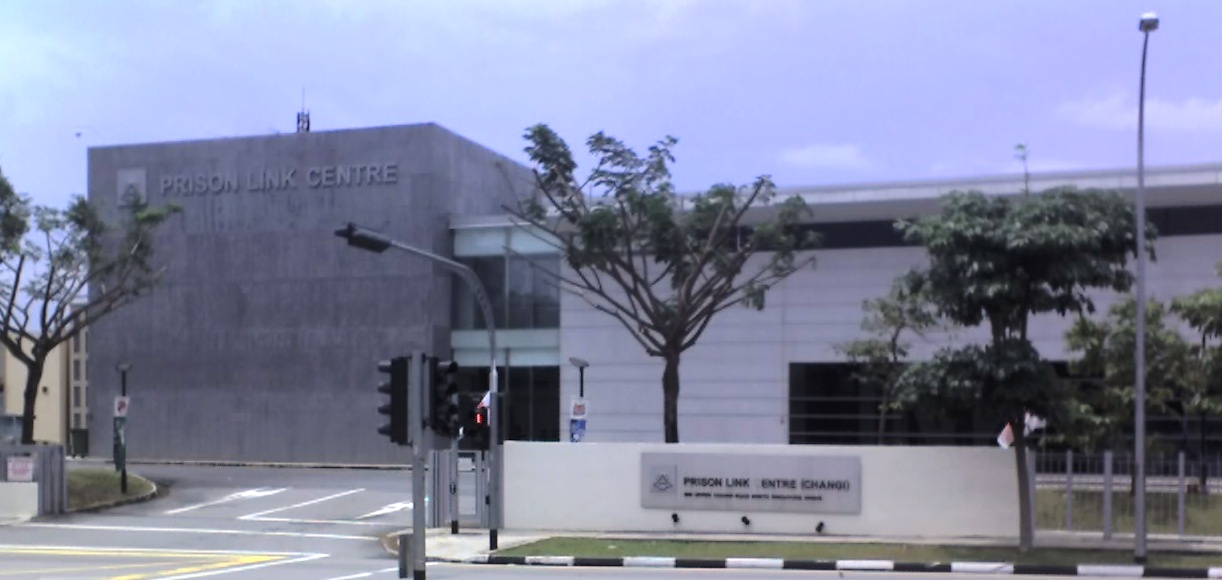Singapore — Two men due to be hanged in Singapore on Wednesday (Feb 16) for drug-related offences are said to have IQs well below the average of the general population.
The families of Pausi Jefridin, a Malaysian national, and Roslan Bakar, a Singaporean, were told on Feb 9 that they had been scheduled for judicial execution on Feb 16. This would be the first time capital punishment will be meted out in Singapore since November 2019.
Both men had been convicted of drug trafficking.
Pausi, however, has an IQ of 67, which is well below the global average of between 90 and 109, and Bakar is said to have “limited capacity for judgment.”
This would make their cases similar to that of Nagaenthran K. Dharmalingam, another convicted Malaysian drug trafficker.
Nagaenthran’s case landed in the international spotlight last year, after appeals for a stay of execution came from many, including Malaysia’s King and Prime Minister, as well as British business magnate Richard Branson.
He had originally been scheduled to hang on Nov 10, 2021. But his execution was delayed when he tested positive for Covid-19 on Nov 8. He has been on death row since he was convicted of drug trafficking in November 2010.
Nagaenthran is said to have an IQ of 69 and to suffer from intellectual disability.
He was arrested for drug trafficking when he was 21, and sentenced to death for importing 42.72g of heroin into Singapore. At his trial, he claimed he had been coerced by a man who assaulted him and threatened to kill his girlfriend.
Appeals regarding Nagaenthran’s case are ongoing.
On Feb 15, Ravina Shamdasani, a spokesperson for the UN High Commissioner for Human Rights, appealed to the Government of Singapore to halt the imminent execution of Pausi and Roslan.
“The two men have remained on death row for the past 12 years and were reportedly informed only a week ago, on 9 February, of their imminent execution, which is scheduled for tomorrow, 16 February. There are also concerns that one or both men have intellectual disabilities.”
She said that using the death penalty for drug-related offences was incompatible with international human rights law.
“Globally, the death penalty has not been proven to be an effective deterrent, but individuals on death row, as well as their families, have suffered a range of human rights violations,” she said.
The UNHCHR also expressed concern for Pausi’s family, who have not been able to visit him because of pandemic restrictions
A G Kalidas, president of the Malaysian Bar issued a statement that both men “suffer from some form of intellectual disability”. “It was reported that during their resentencing application, Pausi’s counsel submitted that his client has an IQ level of 67, and ‘had an arrested or retarded development of mind as a result of his exceptionally low and restricted education.’
Similarly, counsel for Roslan said that his client had ‘limited capacity for judgment, decision-making, consequential thinking, impulse control and executive function,’” Mr Kalidas said on Feb 14. He said the execution of a mentally impaired person is prohibited under the United Nations’ Convention on the Rights of Persons with Disabilities (“CRPD”), of which Malaysia and Singapore are signatories.
“We take cognisance of Singapore’s strict policy with regard to drug trafficking; however, we sincerely hope that Singapore will uphold its commitment that it has made under the CRPD,” he wrote.
/TISG
Nagaenthran’s case: Appeal against death sentence adjourned, calls to spare his life continue

